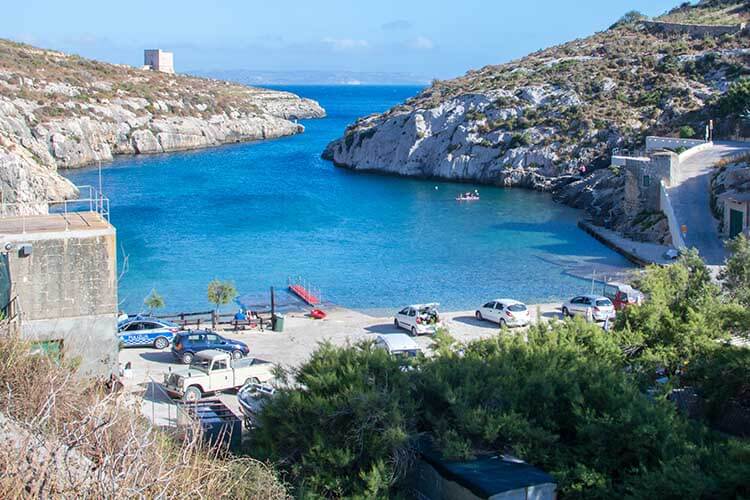Many BSAC clubs run optional refresher sessions in April when at the start of the U.K. dives season. Where rescue and DSMB skills are practiced.
When I joined on overseas BSAC club for one of their holiday trips, I encouraged them to practice deploying their DSMBs on the first day. It turned out many hadn’t practiced for a few years, relying on dive guides.
When I joined on overseas BSAC club for one of their holiday trips, I encouraged them to practice deploying their DSMBs on the first day. It turned out many hadn’t practiced for a few years, relying on dive guides.





